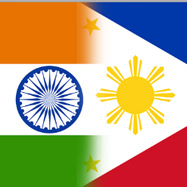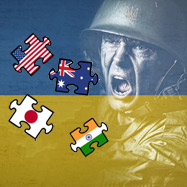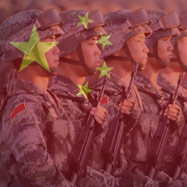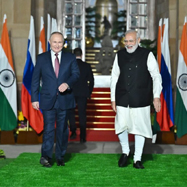Recalling Air Power in the Indian Context
With the announcement of the proposed theaterisation of the existing structure of the armed forces, there have been numerous exchanges of ideas, formal and informal discourses, official and unofficial exchange of views and perspectives in recent months. During such exchanges, a standpoint of equating the Air Force of a nation with the Artillery has emerged and it requires to be put in a proper perspective. Indian military history has unfortunately not highlighted the lethality and importance of air power, which is the root cause for incorrect understanding of air power.
- Swaim Prakash Singh
- April-June 2022













